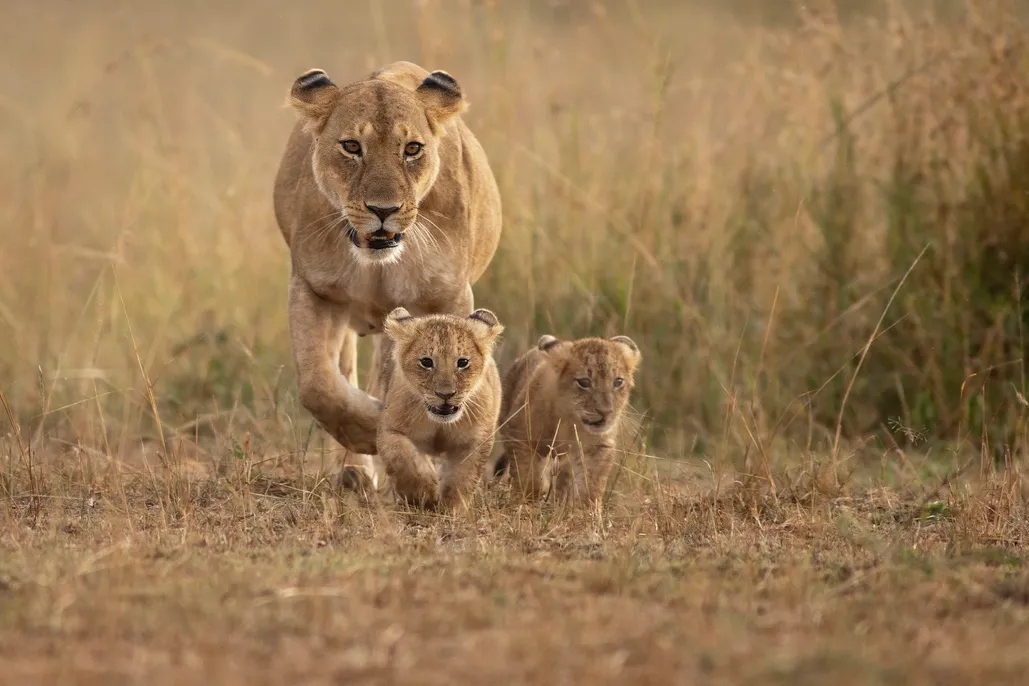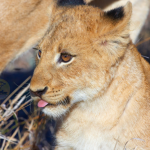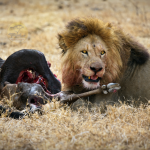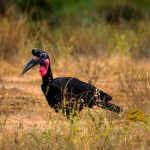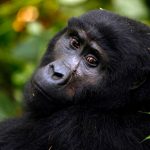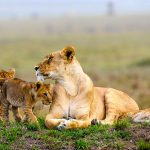The Gestation Period of a Lion: A Journey of Life.
Gestation Period of a Lion; Lions (Panthera leo) are one of the most interesting species, considered the “kings of the jungle,” not only for their enormity and social nature but also for the way they reproduce and bring up their cubs; Working out the lion’s period of gestation is a key to understand better the intricacies of its life cycle, social structures, and the challenges they face in the wild.
An Overview to Lion Reproduction.
Lions, unlike other members of the big cats, belong to social structures-the pride. A pride usually includes several closely related females, the cubs, and a few adult males. This social formation contributes a great deal toward lion reproduction and the rearing of the young ones.
The Gestation Period: Duration and Process.
A Lion pregnancy lasts about 100 to 120 days, or roughly 3.5 to 4 months. Yes, this is a rather short pregnancy, which is extremely important for the ability of Lionesses to produce many litters within their lifetime-a critical feature for the species survival. Now, let’s take a closer look at the gestation process:
Mating: Lionesses usually have a litter once every two to three years. Though the process may occur throughout the year, peaks may arise in coincidence with other environmental factors such as the availability of prey; A lioness may also have multiple mates due to the fact that it doesn’t only increase genetic diversity within the pride but also bolsters the bonds among the males.
Conception: The mating is then followed by conception, when embryos start developing inside the lioness’s uterus. During this period, changes in hormones will further take place to prepare the body for pregnancy.
Gestation: While the lioness is carrying her developing cubs, changes in behavior may occur. Pregnant lionesses tend to be much more antisocial and will often leave the pride to find a protected and secluded den where they can give birth; Such behavior provides good protection against possible dangers to the newborn cubs, especially from other males who may perceive them as threats or rivals in the future.
Cub Development: The embryos develop into well-formed cubs throughout the gestation period. At birth, lion cubs are normally about 1.5 pounds (0.68 kg), while their eyes are closed for the first week or so. Normally, a litter includes 1 to 4 cubs, but up to 6 cubs have been recorded in a litter.
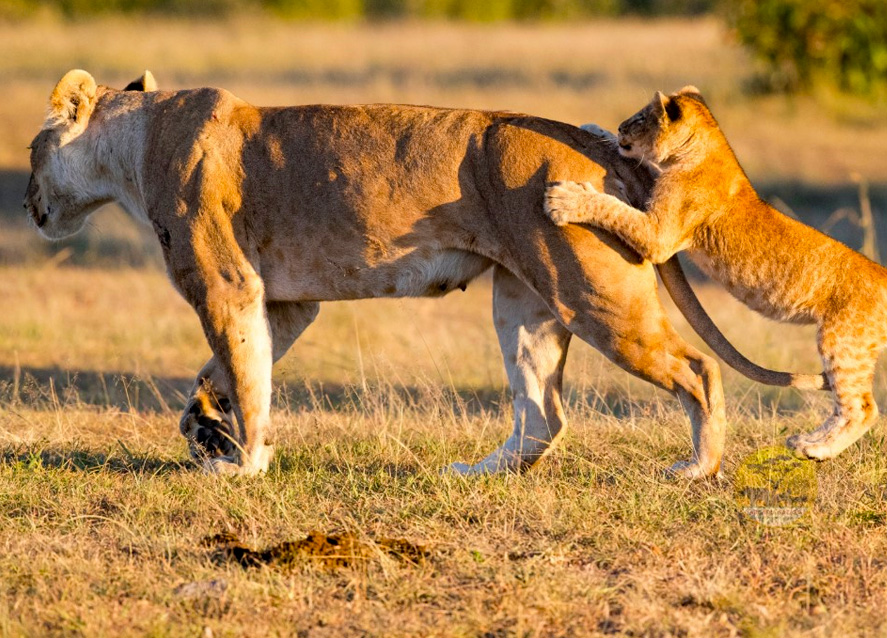
Birth and Early Life.
When it is time to give birth, a Lioness seeks a comfortable place to deliver the babies in a safe location, normally in thick bushes or some other secluded place, for protection against predators. This can take many hours since the contractions are spaced with resting periods. At birth, she licks the cubs, stimulating their breathing, and cleans them.
She will live with her cubs for the first weeks of her cubs’ lives, nursing them only for the first 6 to 8 weeks. During this period, the young ones are at the mercy of their mother for nutrition and protection. The lionesses are protective of the cubs, mostly keeping them hidden from the pride and from predators.
Challenges During Gestation and Early Life.
The incubation period and early life of the lion cubs are rather hectic, including:
Predation: The first few months are considered crucial for the lion cubs, as they might fall prey to hyenas, leopards, and even male lions from other prides.
Food Availability: The ability of a lioness to take care of her cubs is greatly dependent upon food availability. Lack of prey will make them malnourished and hence will impact the health condition of both mother and cubs.
Pride Dynamics: Cub mortality is also governed by the dynamics of the pride itself. New incoming males in a pride often kill the existing cubs to bring the lionesses back into estrus and thus have a marked effect on the reproductive success of the pride.

Our Remarkable Packages to See Lions in Africa.
22 Days Best of Uganda Wilderness Adventure
18 Day Exploring Uganda Safari
14 Days Uganda and Kenya Wildlife Safari
14 Day Uganda-Rwanda Wildlife and Primates Safari
10 Day Highlights of Uganda Safari
9 Day Kenya Wild Safari Adventure
8 Day Gorillas-Chimps and Big Five Experience
8 Day Best of Tanzania Wildlife Safari
7 Day Kenya Wildlife Safari Tour
6 Day Gorilla Trekking and Queen Elizabeth
5 Day Serengeti and Lake Manyara Safari
5 Day Maasai Mara and Lake Nakuru Safari
4 Day Tanzania Wildlife Safari
3 Day Best of Akagera National Park
3 Day Ngorongoro Magical Adventure
Remarks on the Gestation Period of a Lion.
From conception to birth, it’s a very dangerous process for a Lioness to go through and take the gestation period of about 100 to 120 days, during which she should be determined and strong enough to secure the continuity of her pride.
An understanding of this attribute in the biology of lions shows the degree of resilience and adaptability in these magnificent creatures, further emphasizing conservation toward habitat protection in order to ensure their continuance into future generations; The more we continue to learn from and appreciate the lives of lions, the more connected we are to the natural world-to the intricate web that sustains life.


